Possible Duplicate:
What is the difference between these (bCondition == NULL) and (NULL==bCondition)?
I have seen comparisons done both ways. Is there a performance difference or is it just personal preference?
I saw it being used in this answer:
What are your favorite extension methods for C#? (codeplex.com/extensionoverflow)
